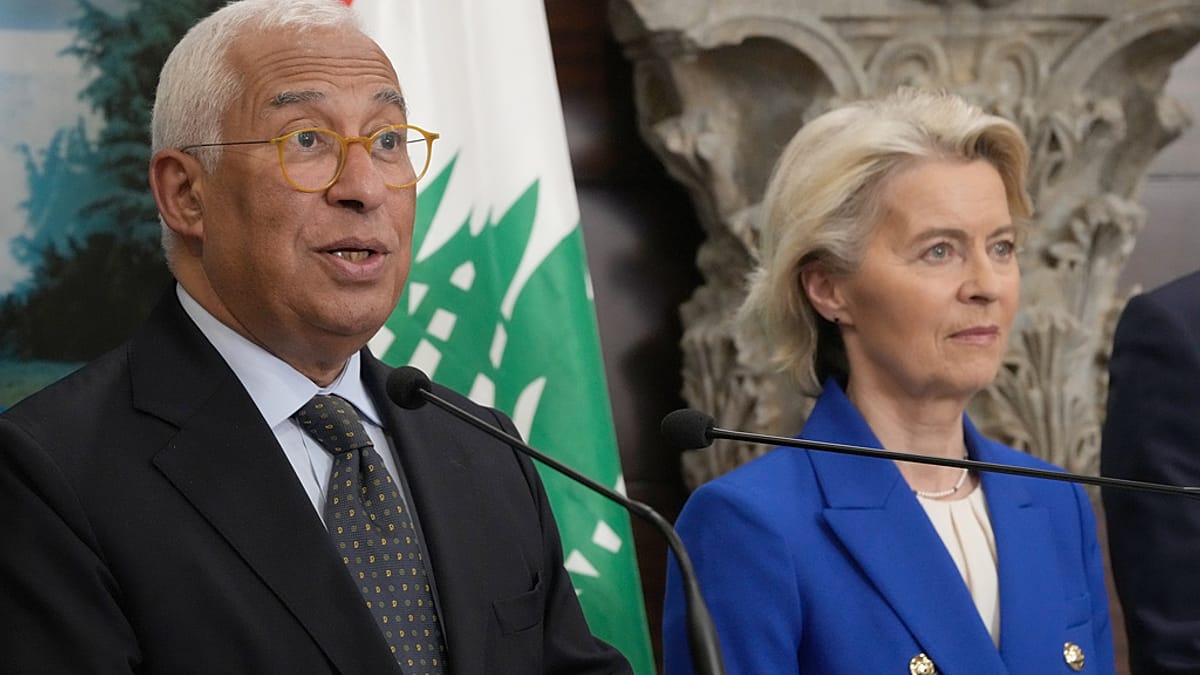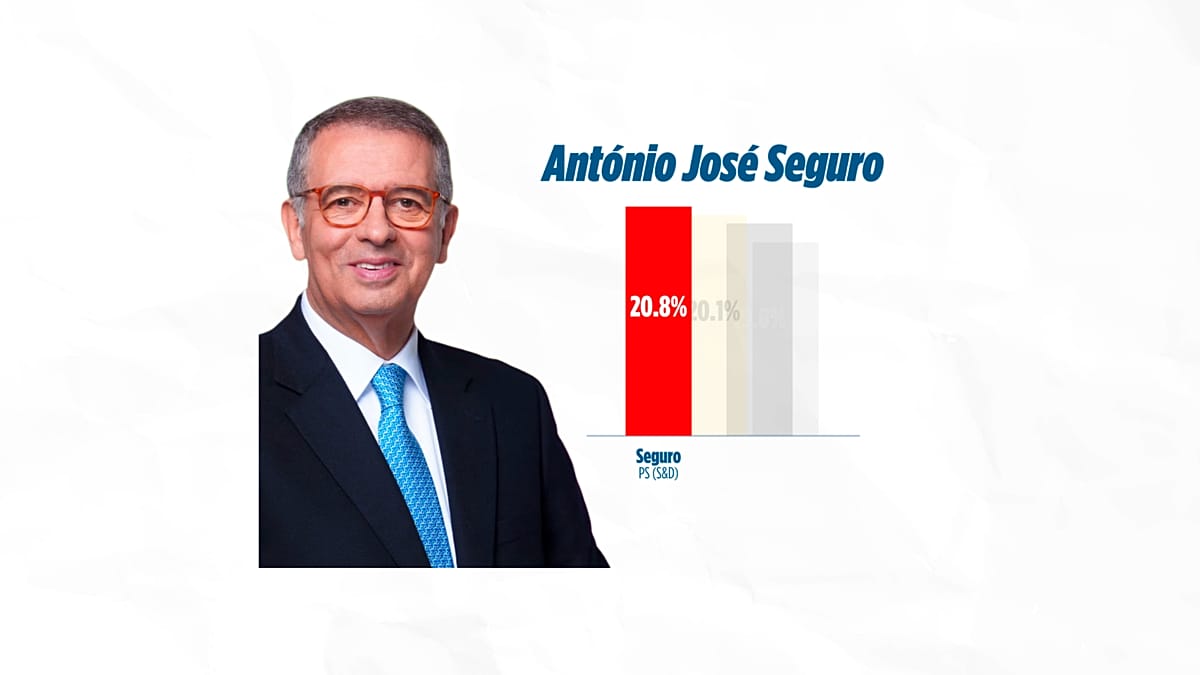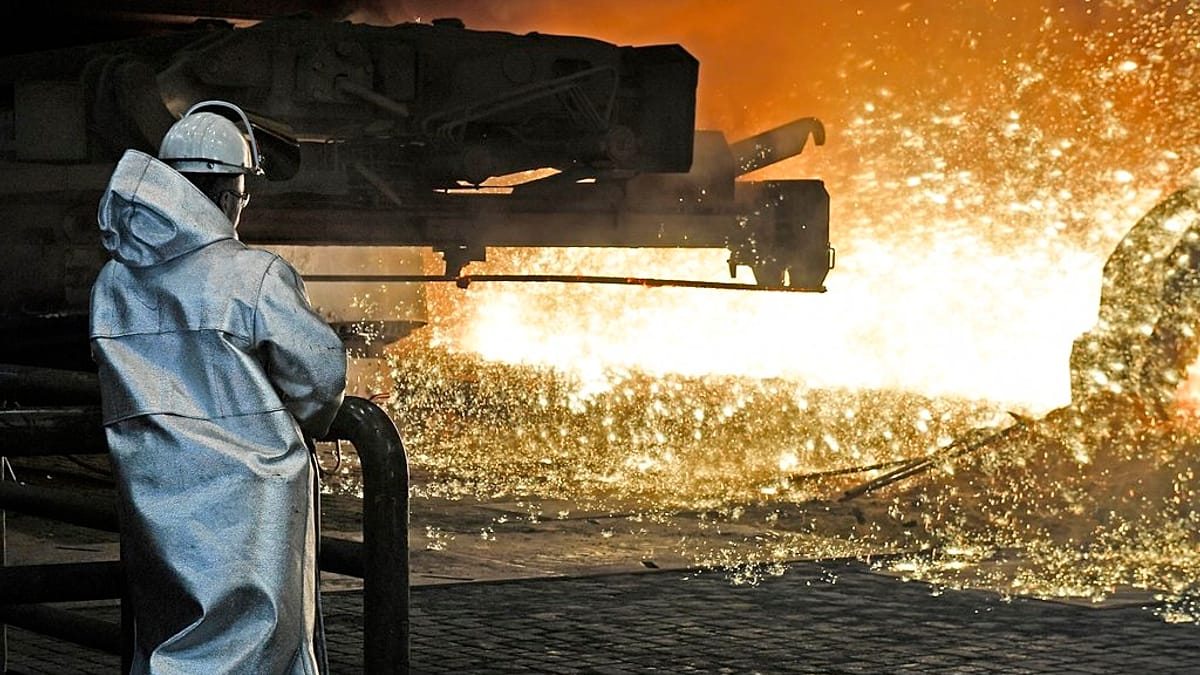
There has been public backlash to a trial of a camera-fitted car catching overstaying parkers in Ashburton.
Ashburton District Council started a trial of an automated number plate recognition system this week to find out if the technology could be used for parking compliance in Ashburton.
The announcement has caused some public online backlash as residents criticised it as revenue gathering with concerns the car would cause congestion in the CBD.
Some residents also worried it would be bad for business in the CBD, while other said it could cost the jobs of the parking officers.
Compliance and development general manager Ian Hyde reiterated that it was just a trial, but “if adopted we’d anticipate changes in duties, rather than reductions”.
Hyde said the enforcement wasn’t changing – it was just trying a different method.
“There has been no change to parking limits in the CBD, where customers and visitors can already park free on East Street for an hour.
“We monitor parking and enforce the limits to ensure fair and considerate use of those spaces, so there is a consistent turnover of parks for shoppers visiting businesses in the CBD.”
Hyde said the parking trial would cost $2000 a month, covered by existing budgets.
“Council has hired the equipment for six months, for the duration of the trial.
“The full cost, including staff time to analyse the trial data, will come out of the regulatory and compliance operational budget.
“We’re also looking at whether the equipment can help with other projects, like a survey planned for next year to gather data on parking occupancy and turnover – the results of that will help our next review of the parking management plan, thereby saving money on consultants.”
The cameras were detachable and could be used on a council fleet car that could still be used by other staff.
The first phase of the trial would started on Monday and run until Christmas, patrolling the CBD – Burnett, Cass, Tancred, and East streets.
Hyde said the first phase would compare data collected by the plate recognition system and the council’s traffic wardens.
In phase one, the car would only collect data, while a live trial with tickets generated by the new technology was planned for next year, he said.
Following the full trial, a report on how and whether to proceed with implementing the technology would be presented to councillors for consideration.
Similar technology has been rolled out in other regions, including a Hastings District Council car that snapped more than 5000 vehicles in five months.
– Local Democracy Reporting is local-body journalism co-funded by RNZ and NZ On Air.














